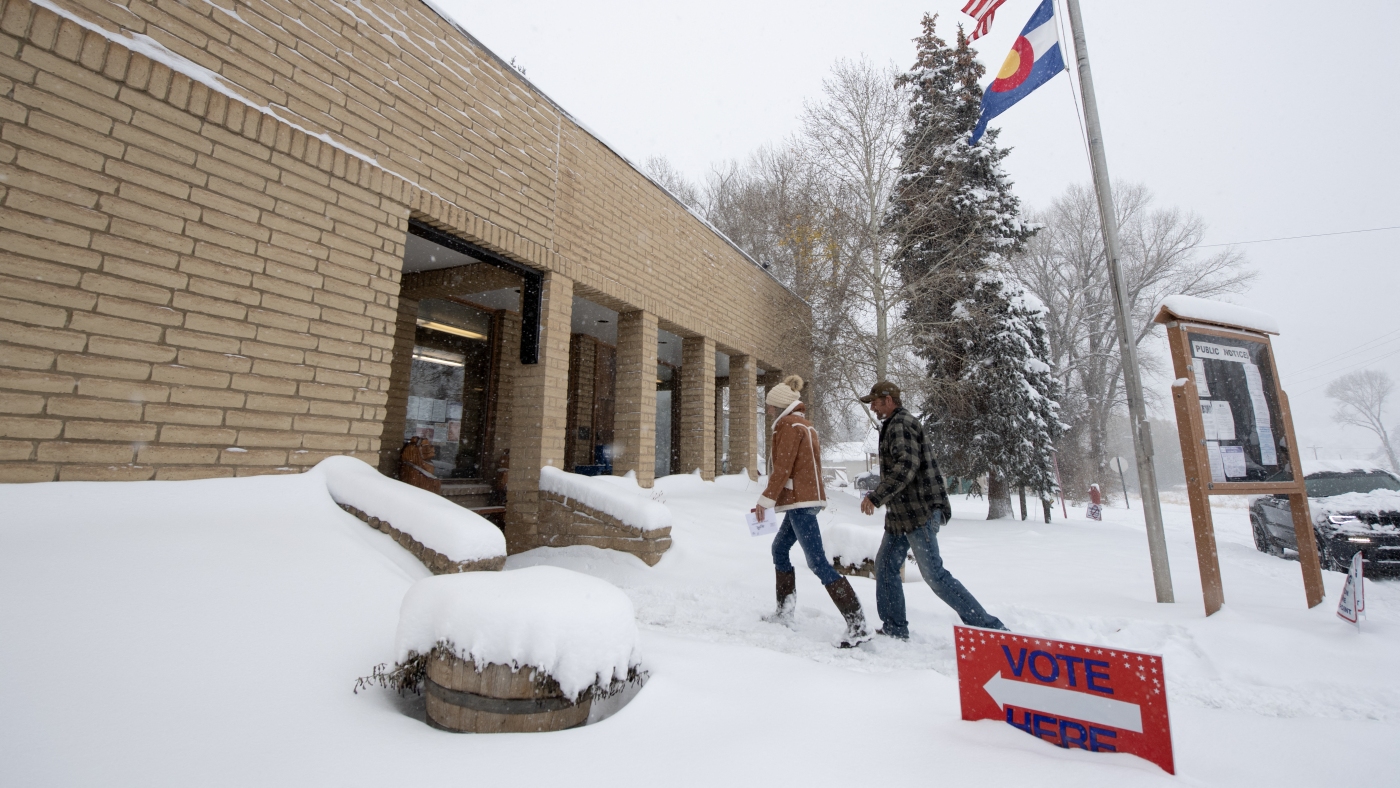The DOJ’s Trump-Era Transformation and Its Reverberations in U.S. Elections
Recasting the Department of Justice’s Role in Electoral Affairs
Under former President Donald Trump’s tenure, the U.S. Department of Justice underwent a significant recalibration in its approach toward elections. This shift was characterized by a more aggressive posture—demanding extensive election data, initiating expansive executive orders, and prioritizing investigations centered around allegations of voter fraud. Far from a mere tactical adjustment, this change fundamentally altered the DOJ’s traditional stance as a neutral arbiter, thereby stirring considerable alarm among election administrators, civil liberties groups, and legal analysts alike.
Reaching New Depths: The DOJ’s Sweeping Data Demands
One of the most tangible manifestations of this transformation has been the DOJ’s unprecedented demands for election information from key states, exemplified by the Colorado case. Officials in Colorado reported these requests to be unlike anything experienced before, highlighting an intensity and scope unprecedented in prior election oversight. Rather than discrete spot checks or narrowly targeted inquiries, the DOJ’s exhaustive data requisitions suggested ambitions beyond mere investigation—they hinted at an effort to meticulously dissect, and possibly challenge, official election outcomes.
This approach aligns seamlessly with a broader narrative fueled by Trump and his political allies: that voter fraud was rampant and election results were therefore suspect. Despite pervasive contradictions by robust evidence, the DOJ’s data collection served as a critical foundation for this narrative, laying the groundwork for legal and political campaigns designed to cast doubt on electoral integrity and legitimize increasingly stringent oversight measures.
From Law Enforcement to Political Instrument: Weaponization of the DOJ
Accompanying these data demands were aggressive lawsuits, such as the challenge against North Carolina’s voting regulations, which critics interpret as steps toward voter suppression. Such legal efforts targeted existing voting procedures, creating potential new obstacles for voters—disproportionately affecting historically marginalized groups vulnerable to disenfranchisement.
This pattern signals a profound transformation: a federal agency once seen as an impartial enforcer of the law repositioned itself as an active contender in the political theater of voting rights. The implications extend beyond legal maneuvering to call into question the erosion of democratic norms through the DOJ’s apparent politicization, undermining the principle of impartial justice enforcement.
Executive Orders and the Shift from Protection to Restriction
The Trump administration’s issuance of a far-reaching executive order on elections further entrenched this new direction. Introducing tighter constraints on voter registration and ballot access, these measures sparked widespread criticism for their potential to disenfranchise millions, especially minority populations.
This policy pivot represents a departure from the DOJ’s historic mission of safeguarding voting rights; instead, it embraced enforcement of Trump’s particular electoral agenda. Such clashes prompted legal pushback, with federal courts showing readiness to challenge these restrictive frameworks, underscoring an ongoing constitutional tussle over the balance between election security and voter accessibility.
The Fog of Legal Battles and Leaks
The DOJ’s management of election-related prosecutions during this period has been marked by a complex interplay of heavily redacted evidence releases and intense courtroom confrontations. High-profile cases related to alleged obstruction and electoral interference illuminated behind-the-scenes pressures from the White House on DOJ officials to intensify fraud investigations.
These dynamics raise profound questions about the boundaries between political influence and law enforcement autonomy. The tension between transparency and secrecy, between politics and justice, further muddies public perception and complicates the pursuit of fair electoral processes.
Civil Rights Groups and the Defense of Democracy
Organizations like the American Civil Liberties Union have emerged as vocal critics of the DOJ’s realigned priorities, framing the executive orders and legal challenges as attacks on voter enfranchisement and democratic protections. Additionally, the DOJ’s aggressive pursuit of whistleblowers, journalists, and political adversaries through subpoenas and data seizures deepened concerns about overreach and the agency’s expanded, controversial use of power.
These developments reflect a broader struggle to uphold democratic integrity amid politically charged enforcement practices. The potential erosion of public trust in election fairness signals a major challenge to the foundational ideals of democratic governance in the United States.
Charting the Path Forward: Defending Electoral Integrity and Justice
The transformation of the DOJ under Trump’s influence reshaped the departmental ethos from a neutral legal guardian to a politically charged actor deeply enmeshed in election controversies. This evolution—marked by unprecedented data demands, restrictive executive mandates, and confrontational legal strategies—forces urgent reflection on key democratic principles.
Balancing the imperatives of election security with the protection of voter rights grows more delicate as political pressures intensify. Ensuring the DOJ’s independence requires vigilance from election officials, the judiciary, civil society, and the electorate alike. The legacy left by these changes will resonate profoundly in debates over electoral integrity and democratic governance long into the future.
Safeguarding transparent, fair, and accessible elections in this altered landscape demands renewed commitment to institutional neutrality and public accountability—critical pillars for sustaining trust in American democracy amidst ongoing political turbulence.

